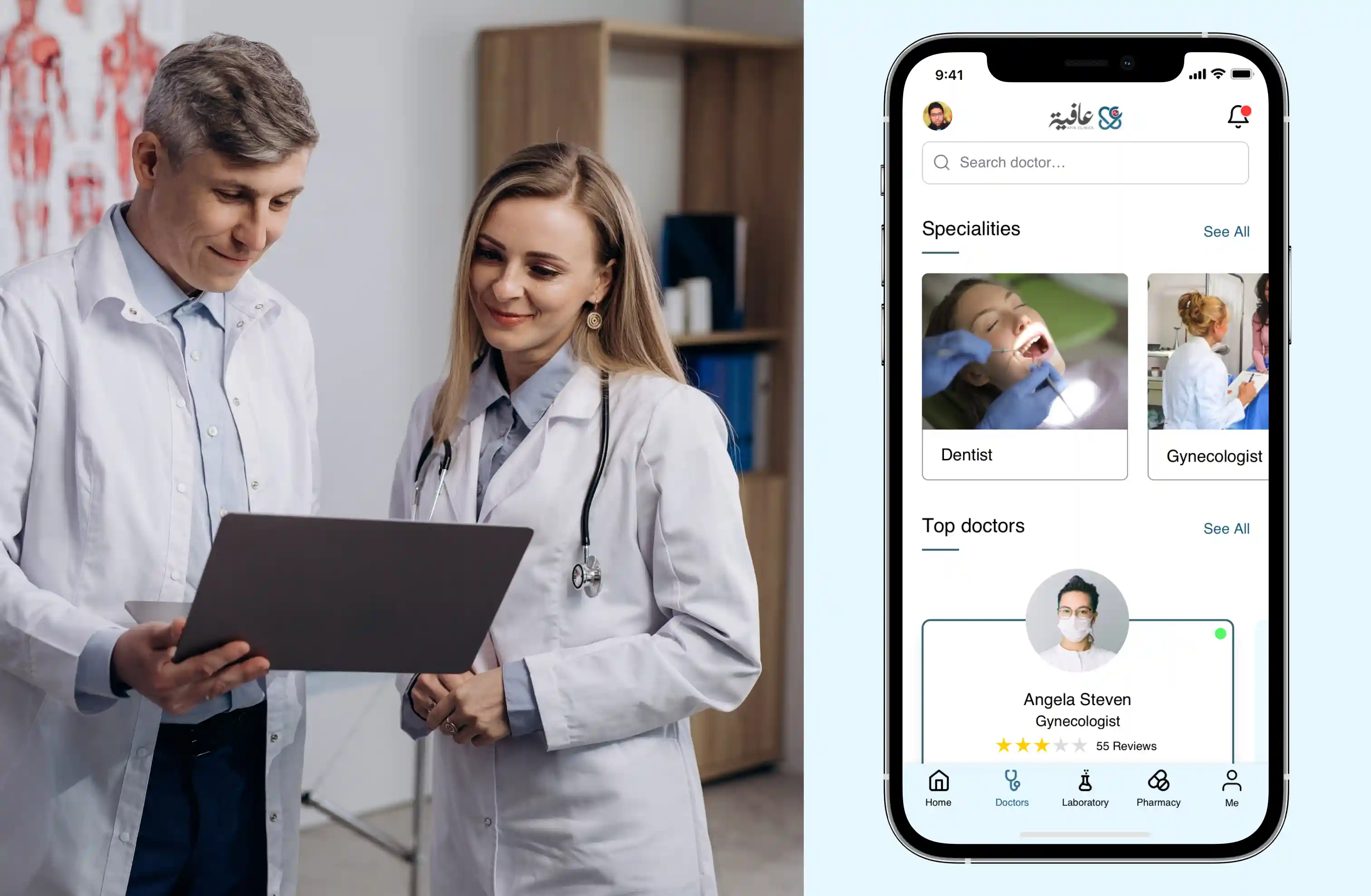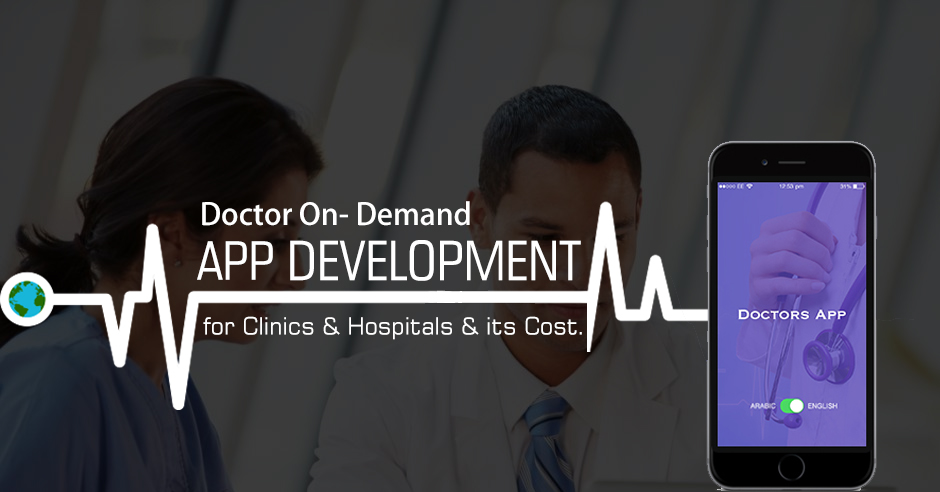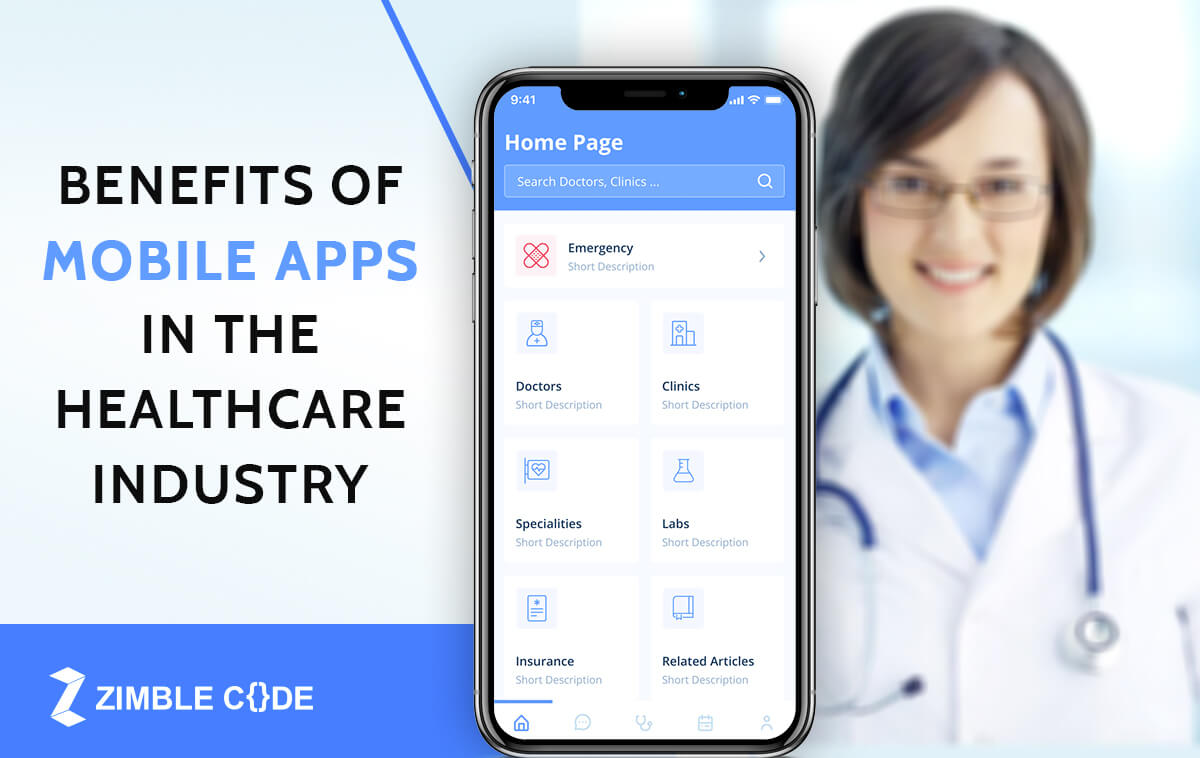Enhancing Patient Engagement Via a Mobile App for Clinics: Trick Techniques
Enhancing Patient Engagement Via a Mobile App for Clinics: Trick Techniques
Blog Article
The Future of Health Care: Why Clinics Need a Mobile Application Today
As the healthcare landscape continues to progress, clinics encounter mounting pressure to adapt to client expectations for better comfort and ease of access. The integration of mobile applications can work as a crucial strategy for boosting patient interaction and streamlining procedures. By leveraging innovation to boost interaction and give important services, facilities not only resolve existing demands but also position themselves for future success. The ramifications of this change expand past simple operational effectiveness; they can redefine patient relationships and care distribution in extensive means. What might this makeover appear like for both individuals and facilities?
Transforming Individual Expectations
As the landscape of health care evolves, client expectations are going through a considerable transformation. Today's patients are significantly seeking benefit, ease of access, and individualized care. With the surge of modern technology, particularly mobile applications, individuals now expect a smooth combination of healthcare solutions into their lives. They want the capability to handle appointments, accessibility clinical documents, and communicate with health care suppliers with their mobile phones, showing a change towards an extra positive strategy to health monitoring.
Moreover, patients are becoming much more informed and equipped, usually researching conditions and therapies online before appointments. This increased awareness is coupled with a demand for openness in health care processes, including cost quotes and therapy options. Consequently, providers are compelled to adapt by taking on digital devices that boost the patient experience.
The expectation for reliable and timely communication has actually never been greater, with numerous patients taking into consideration responsiveness an essential part of high quality treatment. mobile app for clinics. In this evolving landscape, health care companies must acknowledge these altering assumptions and leverage mobile applications to cultivate an extra patient-centric method, ensuring that they not only satisfy however exceed the criteria established by today's enlightened consumers
Enhancing Patient Interaction

Mobile applications assist in interaction between individuals and doctor, allowing real-time visit scheduling, reminders for medicine adherence, and direct messaging attributes. These functionalities not only improve convenience however additionally develop a sense of responsibility amongst clients. Mobile apps can use educational content tailored to private demands, helping patients better comprehend their conditions and treatment choices.
The integration of gamification aspects within health care apps can likewise motivate individuals to involve in healthy actions, enhancing favorable way of life modifications. Eventually, enhancing individual involvement with mobile applications leads to boosted health outcomes, better client complete satisfaction, and a more collaborative medical care experience.
Simplifying Center Operations
Simplifying clinic procedures is vital for boosting workflow efficiency and optimizing individual treatment. The application of mobile applications can dramatically reduce management worries, permitting healthcare companies to focus much more on patient interactions. By automating consultation scheduling, client check-ins, and invoicing processes, clinics can decrease wait times and boost total operational performance.
Mobile apps likewise facilitate real-time accessibility to individual records, enabling health care specialists to make informed decisions promptly. This immediacy not just improves the top quality of treatment yet additionally lowers the chance of errors associated with lost or dated details. Furthermore, leveraging mobile technology sustains a more organized technique to handling client follow-ups and therapy strategies, making certain that no vital actions are forgotten.
In addition, mobile applications can streamline stock management by offering clinics with tools to keep track of medications and products efficiently. This enables timely replenishment and assists avoid disturbances in patient treatment because of stock shortages. By incorporating these performances into their daily procedures, visit this website facilities can develop read review a more efficient and cohesive setting, inevitably leading to enhanced patient end results and contentment. Accepting mobile modern technology is not simply a fad; it is a necessary evolution in the medical care landscape.
Improving Interaction Networks
Reliable interaction is often pointed out as a cornerstone of top quality medical care shipment. In today's hectic medical setting, mobile applications can considerably enhance interaction channels in between facilities, patients, and doctor. By integrating mobile apps right into their operations, clinics can promote real-time interactions, making certain that clients obtain timely info concerning their visits, test results, and treatment plans.
Mobile apps likewise encourage people to connect directly with their healthcare teams with protected messaging features. This straight line of interaction cultivates a feeling of engagement and permits for instant clarification of worries, which can cause much better adherence to treatment protocols. Moreover, press notifications can remind people of upcoming appointments or medicine routines, reducing no-show prices and boosting total health and wellness outcomes.

Remaining Affordable in Medical Care
In a rapidly progressing healthcare landscape, organizations should focus on advancement and versatility to keep an one-upmanship. The integration of mobile applications into healthcare services is no longer optional; it is important for centers intending to enhance patient engagement, simplify operations, and boost general service delivery.
As people increasingly rely upon electronic platforms for wellness administration, facilities that fail to adopt mobile technology threat falling back. A properly designed mobile application can offer features such as visit scheduling, telemedicine consultations, and accessibility to medical documents, look at this website providing clients with comfort and cultivating commitment.

Rivals are additionally purchasing mobile solutions, so staying ahead needs constant enhancement and remaining informed regarding technical improvements. Clinics need to not just carry out mobile applications but likewise participate in regular updates and refinements. Ultimately, the successful integration of mobile innovation will distinguish forward-thinking medical care organizations and set the benchmark for patient-centric care in an electronic globe.
Verdict
In verdict, the combination of mobile applications in clinics is necessary to address the evolving landscape of person assumptions. Eventually, the critical execution of mobile apps stands for a crucial step towards delivering available and individualized medical care, therefore fulfilling the requirements of today's empowered individuals.
Inevitably, improving client interaction with mobile applications leads to improved wellness results, better person complete satisfaction, and an extra joint health care experience.Mobile applications additionally help with real-time access to person documents, making it possible for health care specialists to make enlightened choices promptly. In today's hectic clinical setting, mobile applications can considerably boost communication networks in between facilities, patients, and healthcare carriers.Mobile applications also encourage clients to connect directly with their medical care teams through safe and secure messaging features. Ultimately, the critical execution of mobile apps represents an important step toward delivering accessible and personalized medical care, consequently satisfying the requirements of today's equipped people.
Report this page